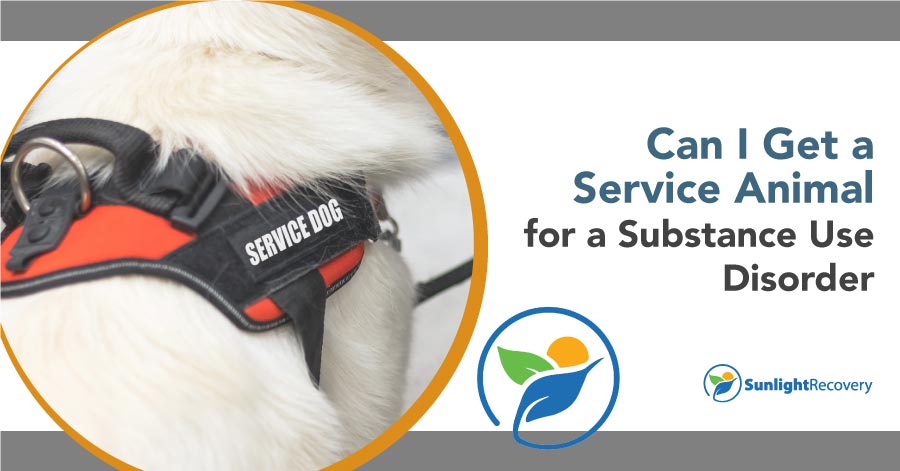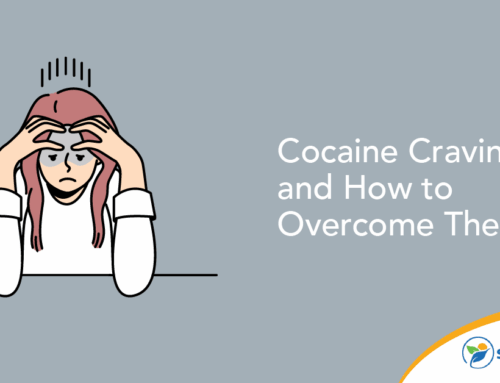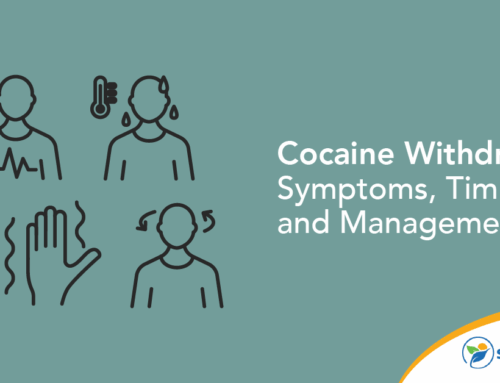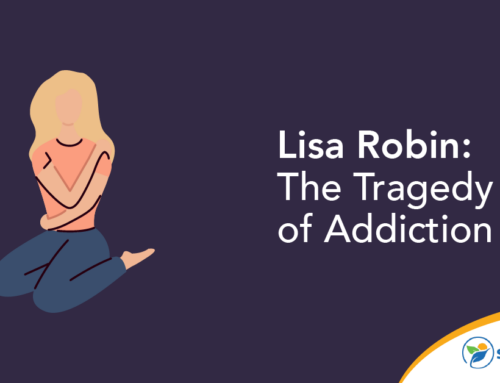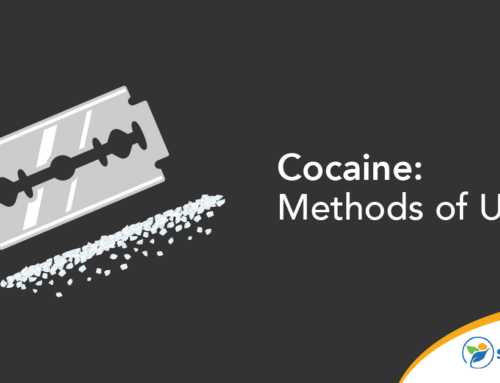If you are using a companion animal, emotional support animal or service dog to help you navigate your substance use disorder recovery, you may be looking for a rehab center that allows dogs. However, not all rehabilitation facilities permit animals on-site. Find out how these rules may change based on your dog’s certification level and why having an animal by your side during addiction recovery can be beneficial.
The Benefits of Animal Companionship for Substance Abuse
Service dogs and emotional support animals offer a variety of benefits to their human companions that can help them through the process of substance abuse recovery. Dogs are naturally inclined to help their owners live longer, healthier lives. One study found that being an active dog owner decreased mortality risk by 24%. Dogs are intuitive animals who can understand their owners’ emotions and are capable of providing emotional support when humans need it most, as seen in programs like Pitbulls and Addicts.
The benefits of owning a dog when dealing with a substance abuse disorder include engaging in increased physical activity, experiencing decreased stress or anxiety levels, and achieving a more positive emotional state without using drugs. Interacting with dogs boosts dopamine levels and serotonin in the human brain. This natural boost of dopamine, rather than achieving the sensation from drug use (like amphetamines), helps people dealing with substance use disorders find a sustainable to improve their mood. Further, simply owning a dog lowers the presence of cortisol in your body, which is the human stress hormone.
A lot of evidence supports the notion that having a dog in your life benefits your mental and physical health. But how a dog aids someone dealing with a substance use disorder depends on several factors, including the type of training and certification the dog receives.
What Are a Service Dog’s Qualifications?
To register a dog as a service dog in the United States, it must undergo specific training and receive official certification. Within the United States, a dog can receive three types of registration that let them support their human companions in some capacity: service dog, Emotional Support Animal (ESA) and Psychiatric Service Dog (PSD).
Service Dog
Americans use the term “service dog” broadly to refer to any dog that supports its owner, but this is not this certification’s true definition. A certified service dog is specially trained to support an owner with a disability. These dogs have a Service Dog Certification License, and based on guidelines from the ADA, they must perform functions directly related to your disability. One example is a service dog detecting a diabetic owner’s low blood sugar levels. In addition, the ADA protects their owners from being asked intrusive questions about the nature of their service dogs.
Emotional Support Animal
Emotional Support Animals (ESAs) are extremely beneficial to individuals dealing with substance use disorders; however, ESAs are not afforded the same privileges or protections as service dogs under the ADA. This means that ESAs are not permitted to enter all the same venues or facilities with their owners as registered service dogs. ESAs can belong to anyone who has been told by a licensed therapist or mental health professional that they will benefit from the companionship and support of said animal. The healthcare professional must write an ESA Letter that proves you require the animal. ESAs are not limited to dogs; the United States lets people register cats, turtles, rodents, birds and more as ESAs.
Unlike service dogs, ESAs do not require any special training. They do not perform specific tasks but simply provide companionship and emotional support to their owners. While ESAs do not have the same protections as a service dog under the ADA, they are protected from housing discrimination under the Fair Housing Act.
Psychiatric Service Dog
Psychiatric Service Dogs (PSDs) are a unique type of service dog, specifically trained to support owners with mental health disabilities. These dogs are not the same as ESAs; they have many of the same rights as service dogs, letting their owners bring them into public spaces without question. PSD owners have the same protections under the ADA as service dog owners, meaning people are limited to how many questions they can ask regarding your dog’s function.
Tasks that a PSD might perform include reminding their owner to take medication daily for a mental illness, helping to ground a handler experiencing a PTSD episode, alerting their owner to the onset of an anxiety attack or anxious behaviors or preventing a handler from physically harming themselves (such as scratching themselves). A PSD can be trained to perform many functions to support individuals with mental health disabilities.
How To Get An Emotional Support Animal
If you are struggling with addiction or recovering from a substance abuse disorder, you may wonder, “do I qualify for a support dog?” The process and ability to qualify for a dog’s companionship to aid in overcoming substance abuse depends on what level of certification you’re looking for.
Qualifying for an ESA is the simplest option for people struggling with mental health and addiction. You only need an ESA Letter from your licensed healthcare professional stating their recommendation for an ESA. You can choose what type of animal you want and can register the dog as long as you have this ESA Letter.
To qualify for a PSD, you must have a mental health condition that limits your ability to function in major life activities. Such conditions can include:
- Anxiety disorders
- Clinical depression
- PTSD
- Bipolar disorder
- Addiction, substance use disorder or alcoholism
Is There a Rehab Center That Allows Dog?
It’s natural to wonder if support dogs for addiction can accompany you to your rehabilitation program. Usually, the answer is no. Most rehab facilities do not permit dogs to enter the premises, despite the fact that the owner might find the animal beneficial to their recovery. Some facilities may permit only registered PSDs on-site, while others may also allow ESAs. You can ask the facility if they can accommodate you; many decide on a case-by-case basis.
Seek Professional Support
At Sunlight Recovery, we are ready to help you create a treatment plan that meets your needs. Get support in overcoming your addiction and recovering from a substance use disorder in a safe space. Call us today at (888) 402-3647 to get started.


